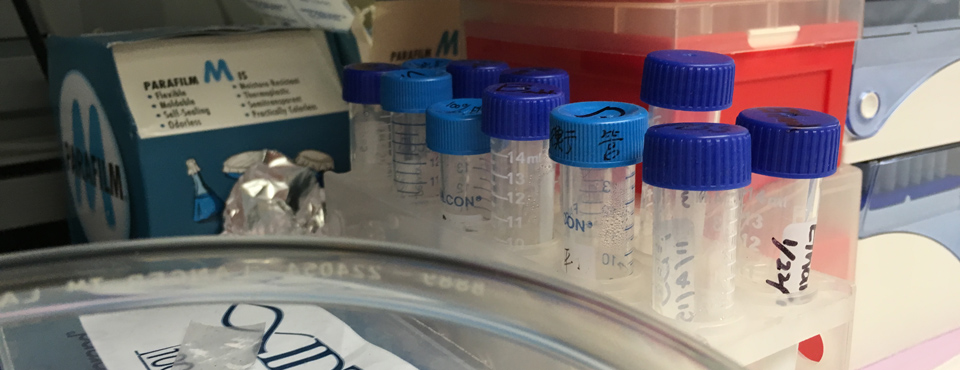Veterinary Labs: Essential for Monitoring Pet Health
Veterinary Labs: Essential for Monitoring Pet Health
Blog Article
The health of pets is a top priority, and ensuring their well-being requires effort. Veterinary diagnostic services are key components in ensuring proper care for our four-legged friends.
Throughout this resource, we’ll examine how diagnostic testing supports pet health and explain the testing process.
Understanding Pet Diagnostic Centers
Advanced veterinary diagnostics provide health assessments for testing biological materials. Veterinary professionals use these labs to monitor ongoing conditions.

How tests are conducted usually includes:
- Preparing samples for testing: Health markers are gathered during visits.
- Advanced diagnostics: Experts using equipment conduct the tests.
- Reporting outcomes: Information helps manage health for targeted interventions.
Key Diagnostics for Pet Health
Veterinary labs offer many tests to prevent serious conditions. Frequently used procedures include:
- Blood tests: Monitor immune responses.
- Urinary health exams: Spot urinary tract infections.
- Parasite checks: Ensure proper nutrient absorption.
- Allergy testing: Identify irritants.
- X-rays and ultrasounds: Spot fractures or injuries.
laboratorio veterinario 24 horas
laboratorio de analises clinicas para animais
How Testing Supports Pet Health
Routine diagnostics supports proactive health management. With timely diagnostics, your pets can recover faster.

Why diagnostics matter include:
- Improved health outcomes: Recovery chances improve.
- Cost savings: Early detection reduces expenses.
- Trust in their well-being: You’ll know they’re thriving.
The Value of Diagnostics for Pet Owners
Veterinary labs provide the foundation for accurate diagnoses. By scheduling routine tests, you give them the care they deserve.
Start their journey to better health today and help them live their best lives!
Report this page